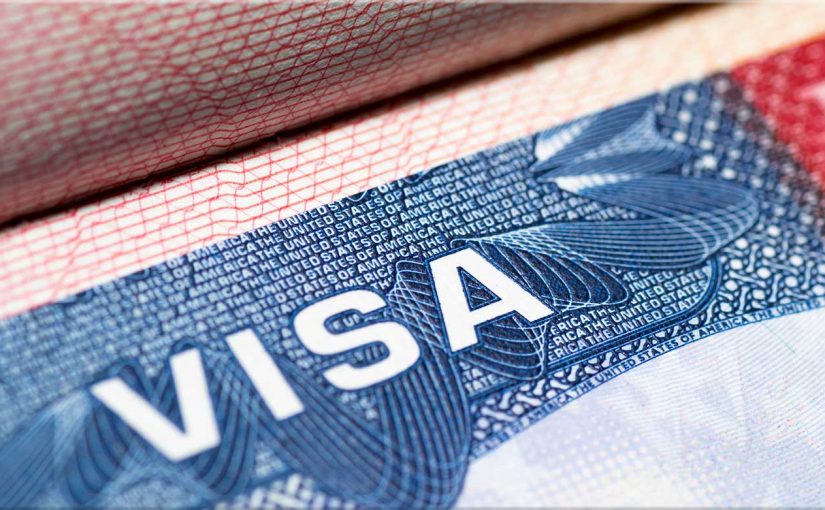
Interviewer: Interesting. If someone is between the ages of 18 and 25, do they have to apply for Selective Services as well?
Jeanne Morales: Every male between the age of 18 and 25, whether they’re legal or illegal, has to register with Selective Service. If they don’t, it can complicate a lot of things for them. It can make them not be eligible for certain federal jobs or scholarships. Not registering with Selective Service can also impede the process when somebody puts in for them, gets them a green card, and they become legal. That’s a small but important step. Whether somebody is legal or not, they need to register with Selective Service. They also need to keep proof that they registered. You don’t want to go through all the time and trouble of someone to sponsoring you to be in and then have it all fall through because you didn’t register with Selective Service.
Once the person enters the country with a permanent resident card, a green card, immigration has already sent their information over to the Selective Service registration. In effect, they’re registered if they have a green card.
Interviewer: If someone has a green card would they be able to travel abroad, would they be able to travel internationally?
Jeanne Morales: Yes.
Naturalization
Interviewer: Once someone has permanent residence status, can they apply for citizenship? How long would that take?
Jeanne Morales: There are a couple different categories. For a regular generic person who gets a green card the normal process is five years. You have to hold your status as a permanent residence for five years before you can apply for naturalization. It’s not the only requirement, but that’s the time requirement. If you’re married to and living with a US citizen, the time is three years before you can apply for naturalization. If you’re in the United States Military during the time of war, which we’re technically in a time of war, it’s one year. Quite frankly, based on the information we have, anybody who is not a citizen but is enlisting in the United States Military as a permanent resident, is starting the naturalization process while they’re in boot camp.
Interviewer: How long could the naturalization process take?
Jeanne Morales: It depends on that person’s background. If someone has their permanent resident card, doesn’t have any criminal infractions, and no other discrepancies in their paperwork, go through sometimes in less than six months. The office we deal with the most is the El Paso office. There is an interview required, where you take the civics and English test. If there are complicating factors like a criminal record since you became a permanent resident, then that can definitely make it take longer.
Conditional Resident
Interviewer: What is the temporary green card called for someone that married a US citizen?
Jeanne Morales: Conditional resident.
Interviewer: Okay. Let’s say someone has a green card or conditional residential card but that person wants a divorce and their card expires next year, what they do? What are the steps they follow? Are they doomed to be deported?
Jeanne Morales: When you’re a conditional resident, after two years you have to file some paperwork to change it to permanent residence. Both you and your spouse have to fill out the paperwork and sign it. If you just get a divorce, you can file the paperwork on your own, but you’ll have to come up with proof that when you got married that it was a real marriage. You have to prove that it was a bona fide marriage that just didn’t last. A conditional residence is for only two years and they do this because they don’t want marriage fraud happening. They don’t want people getting married, getting the green card, and then getting divorced.
You don’t need your spouses’ signature if there’s been abuse or cruelty. If a woman has been abused by her husband or is subject to cruelty, she can file to change her conditional card into a permanent card without her husband’s signature. It works for husbands, too. If it’s just a generic divorce, you’re going to have to have something to show that you went into the marriage with good intentions. You have to prove that it was bona fide but over the two years it somehow didn’t work out. If you can prove that, then you get the permanent resident. If you can’t, you lose your conditional residence and you are no longer eligible to stay in the United States.

